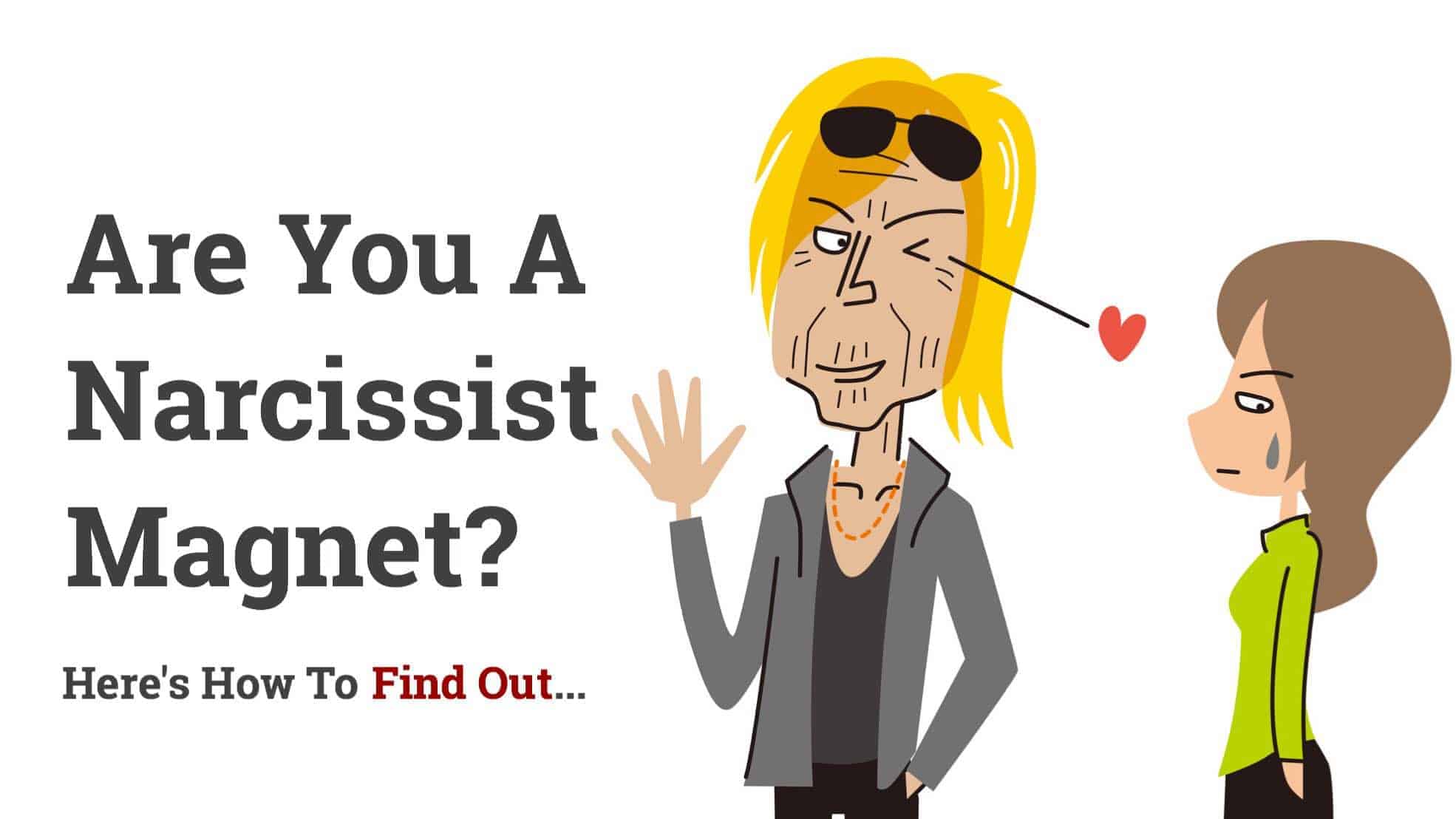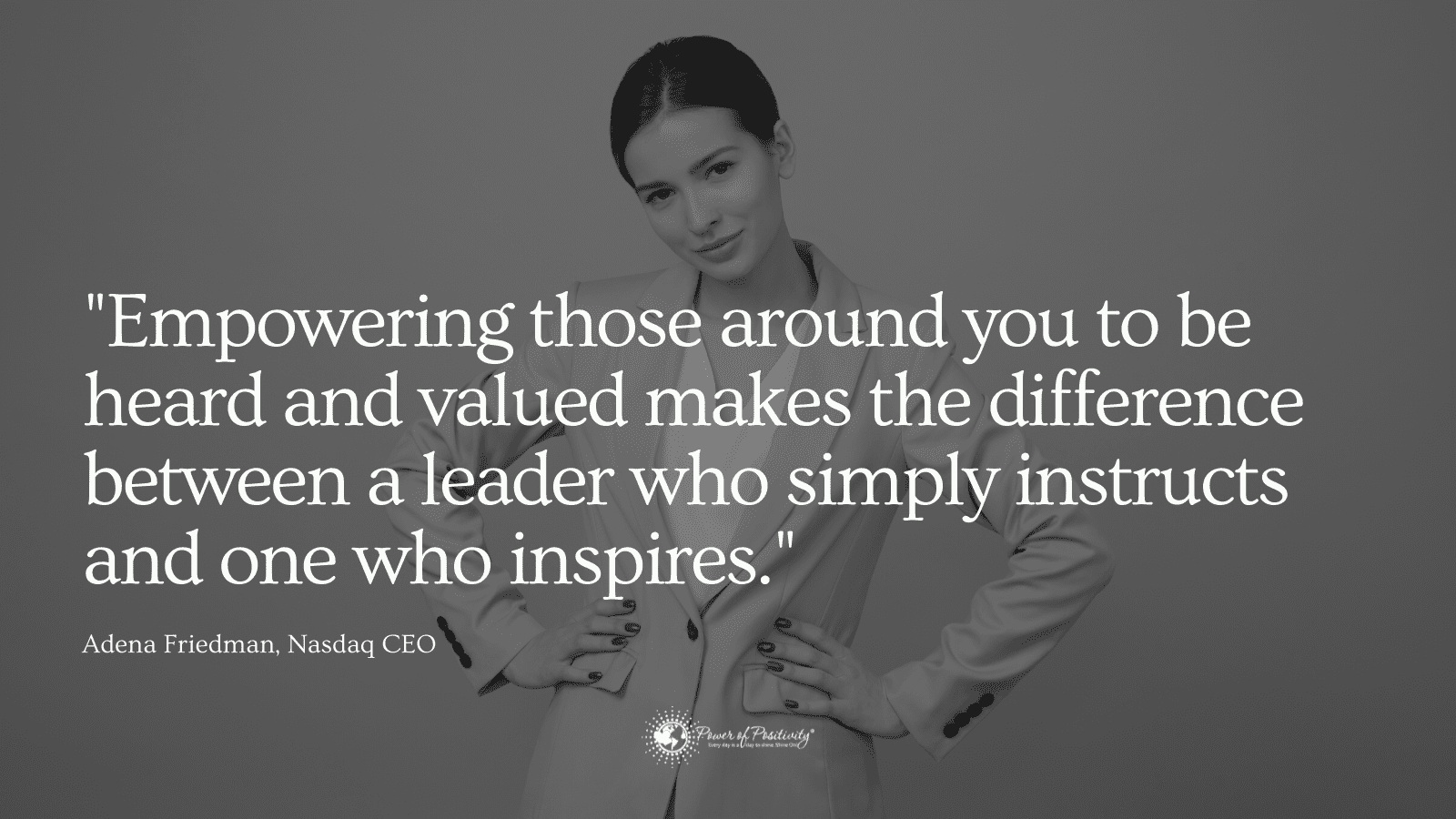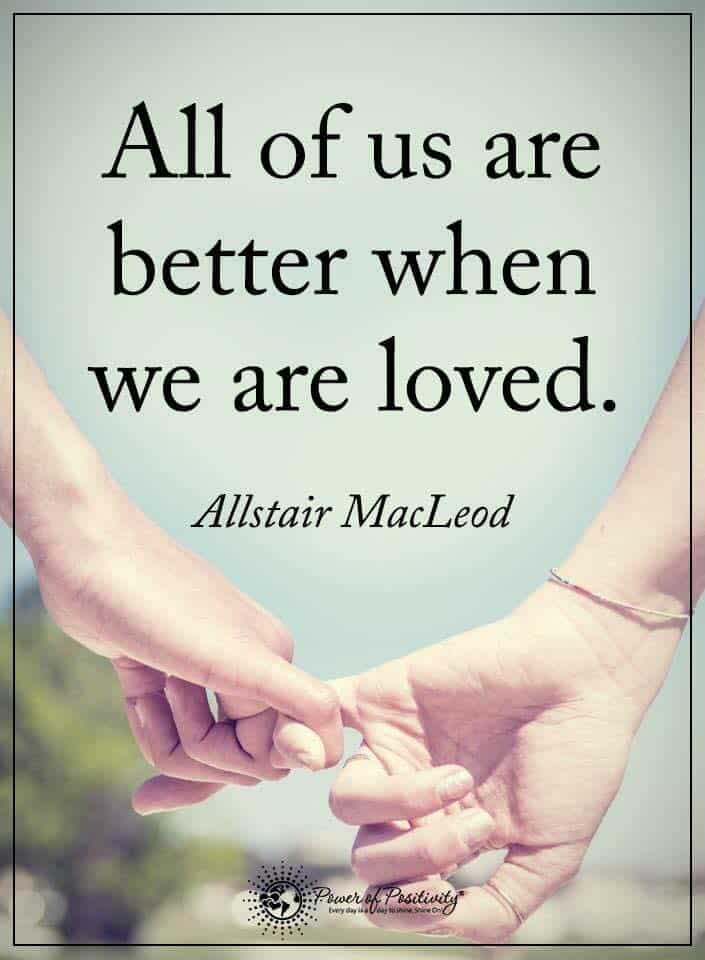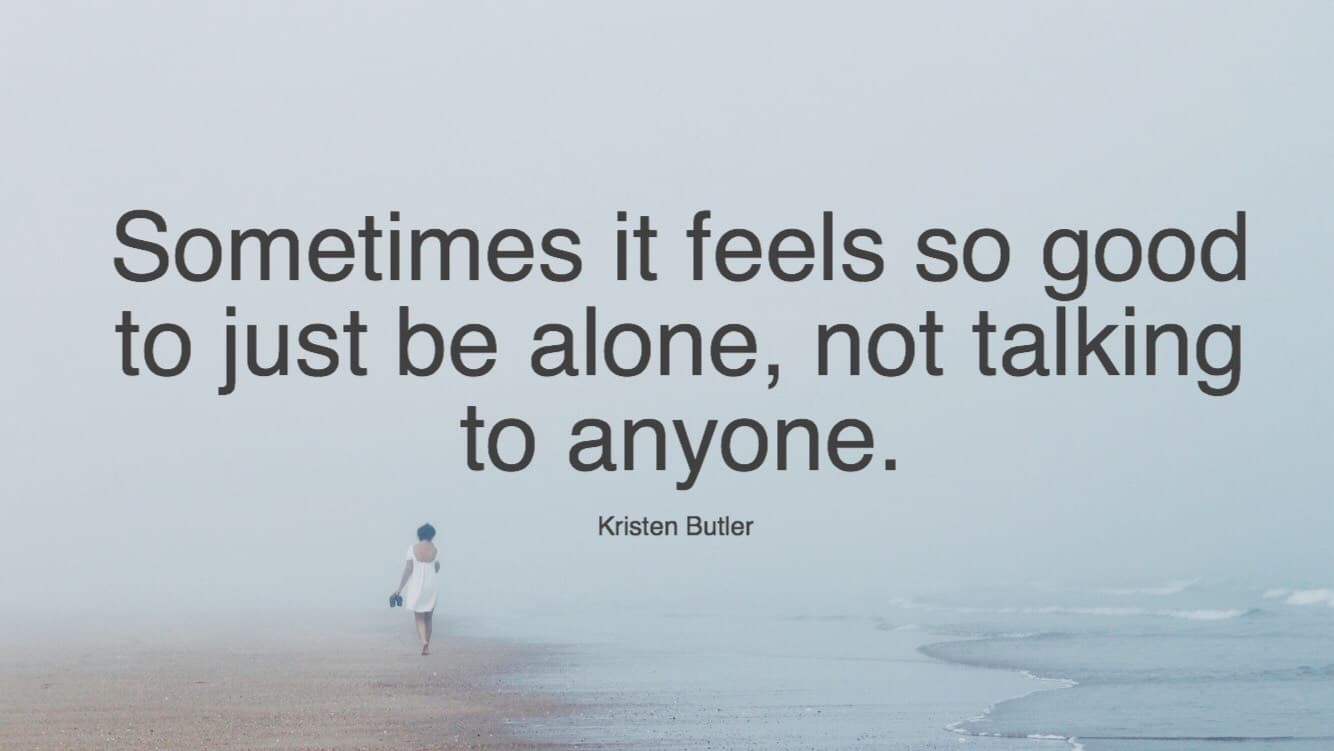It’s a daunting task to know you are absolutely choosing the right person to marry, but you don’t have to worry that you might choose wrong. There are many cases that prove marriage isn’t about finding the one perfect person to “fit you”, and how you can have a happy, successful partnership no matter who you fall in love with.
Why You Will Marry The Right Person
In this article, we will look at some of the reasons why you can feel comfortable that you will marry the right person. Trust yourself, take a leap of faith, and realize that you have the power to love deeply long-term inside you with these lessons that you have learned.
You don’t let negative childhood experiences shape your relationships
Our earliest relationship was the one that we had with our parents. Psychologists say that we tend to find someone who resembles the parent that we did not get enough love from because we still want that love as an adult. We may try to find a partner who is like our parent and we try to get what we were missing in our parental relationship from our romantic relationship. This is a tendency to be insecure about receiving enough love and being aware of that quest for the missing parental love can help us to marry the right person.

Researchers studied couples who were secure in their attachment style to a romantic partner and found that partners who were not anxious about their partner’s level of commitment had the best relationship satisfaction in marriage. They also found that spouses who scored lower on anxiety had higher marriage satisfaction, and that couples in which husbands were comfortable with emotional closeness were also happier.
You are self-aware
Self-awareness is key for solving problems in a relationship. Arguments will result from not understanding your own tendencies to be frustrated and how you tend to respond to your partner. People who harness the power of positivity in their lives practice self-awareness. This is key to understanding your emotions so that you can control how you respond to your partner when you are frustrated, tired, worried or upset.
You have learned from previous relationships
You know what you DO want in the partner that you will marry because you’ve found out already what you don’t want from a relationship. Your previous experiences with love and loss have prepared you to master this next relationship, and that’s another reason why you can feel sure that will marry the right person.
You’ve learned these important relationship skills that you will use in your marriage:
- Communication
- Collaboration
- Compromise
- Compassion
You accept your own faults and you don’t blame others
Sometimes, we are guilty of the illusion that we are infallible; that we are perfect, and that our partner is at fault for the problems. But people who are positive they will marry the right person know that there really is no perfect human on the planet and that we all are flawed in our own ways.
Taking responsibility for your own actions that are causing disharmony in your relationship and working to fix them, for example, by being a better listener, is one of the reasons why you will marry the right person. Your marriage will be a success because you will be able to identify, accept, understand, and take ownership for your flaws and work to better yourself. This will in turn benefit your marriage.
You are excellent at communication
One of the most important reasons why you will marry the right person is that you know how to communicate your wants and needs, your worries and joys, your frustrations and your love. Talking openly and honestly about your emotions and needs is key to building trust with your partner and feeling fulfilled in a marriage partnership.
Researchers in the Journal of Consulting and Clinical Psychology looked at how couples interacted with each other and used that data to predict their future relationship satisfaction. They found that the couples’ communication patterns and the intensity of their problems led to the development of relationship distress later in the marriage.
Related article: 3 Signs It’s Time To Take Your Relationship To The Next Level
You aren’t willing to settle for someone who isn’t a good fit versus being alone
You know that you are a valuable person who deserves to find the right person to marry, and settling just isn’t in your vocabulary. Just because Mr. or Ms. Right hasn’t come along yet doesn’t mean that you are willing to settle for Mr. or Ms. Good Enough. Patience is indeed a virtue and finding that nugget of gold in a mountain of dirt is indeed possible, if you give it enough time and make the effort to sort through all the worthless stuff to find the priceless stuff.











